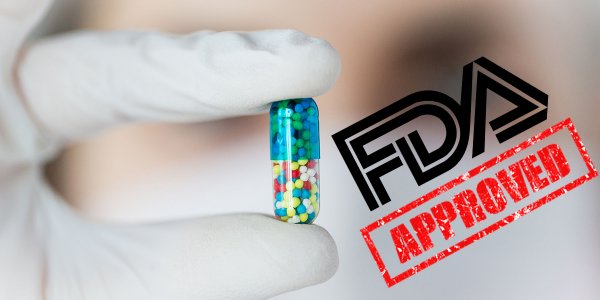Are You Taking Your Meds? The FDA Just Approved A Digital “Smart Pill” That Tracks Patients
Tags: opinion

In an unprecedented move, the Food and Drug Administration (FDA) has just approved the first drug in the United States with a digital ingestion tracking system. The pill, called Abilify MyCite is an antipsychotic drug which treats bipolar disorder, schizophrenia and depressive disorders.
So, how does it work? Well, when the pill touches the stomach it sends an electronic signal to record whether or not a patients has ingested the pill. The sensor is able to track when the pill was taken, the dosage as well as a number of other metrics (heart rate, sleep patterns and activity levels). All of this information is available for medical professionals to view via a smartphone app which uses Bluetooth. To curb concerns about threats to privacy, patients can voluntarily give access to the information to their doctor and family members.
Nonadherence to antipsychotic medication is a growing concern. Dr William Shrank, Chief Medical Officer at the University of Pittsburgh Medical Centre explains that: ”When patients don’t adhere to lifestyle or medications that are prescribed for them, there are really substantive consequences that are bad for the patient and very costly.” Though the pill has been approved by the FDA, they have noted that there is no evidence to suggest that the digital pill will increase the likelihood of patients following their prescribed course of treatment.
In a statement, the FDA said: “It is important to note that Abilify MyCite’s prescribing information (labeling) notes that the ability of the product to improve patient compliance with their treatment regimen has not been shown. Abilify MyCite should not be used to track drug ingestion in “real-time” or during an emergency because detection may be delayed or may not occur.”
A Hard Pill To Swallow
There are fears that the pill will exemplify maladaptive behaviour in patients displaying hallmark symptoms such as anxiety and paranoia. For patients who are plagued with voices telling them that they are being watched, a tracking device may be a hard pill to swallow. “A system that will monitor their behavior and send signals out of their body and notify their doctor? You would think that, whether in psychiatry or general medicine, drugs for almost any other condition would be a better place to start than a drug for schizophrenia,” says Paul Appelbaum, director of Columbia University’s psychiatry department in an interview with the New York Times. In addition, privacy advocates are also concerned that widespread use of such technology could also make patients’ sensitive medical information more prone to dissemination via hackers.
The smart pill is certainly a digital breakthrough for mental health, however, whether or not it is a viable solution for medication compliance is another thing entirely. It is also imperative that security technology remain on par with digital innovations that could compromise privacy.
Read more: The Rise of Big Brother? China Moves To ‘Rate’ Its Citizens By 2020
Image Credit: Copyright: dolgachov / 123RF Stock Photo
I am Luke Miller, content manager at Truth Theory and creator of Potential For Change. I like to blend psychology and spirituality to help you create more happiness in your life.Grab a copy of my free 33 Page Illustrated eBook- Psychology Meets Spirituality- Secrets To A Supercharged Life You Control Here
Leave Comment: